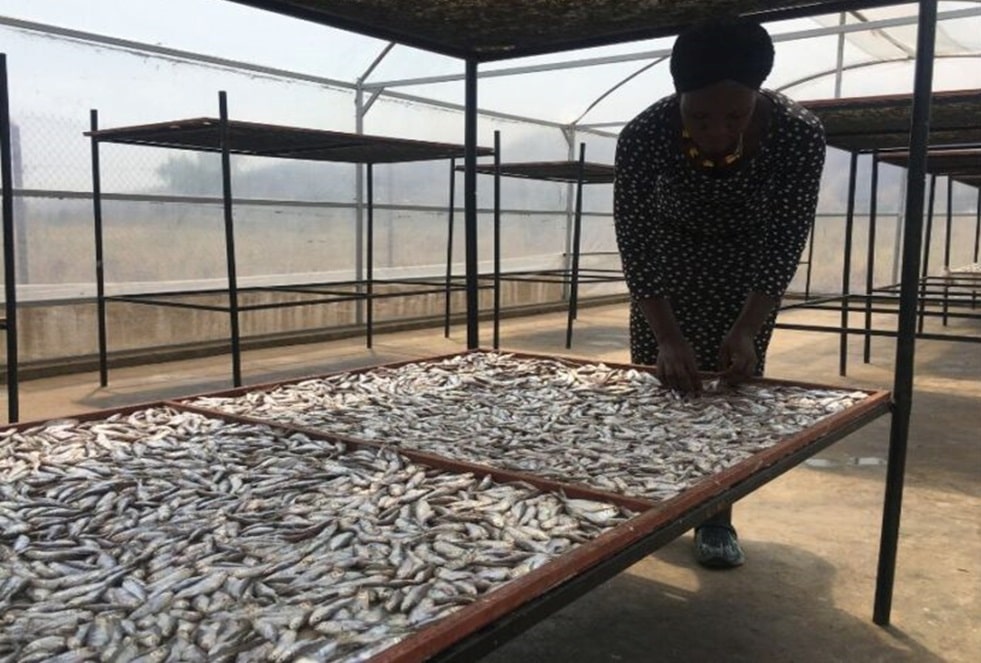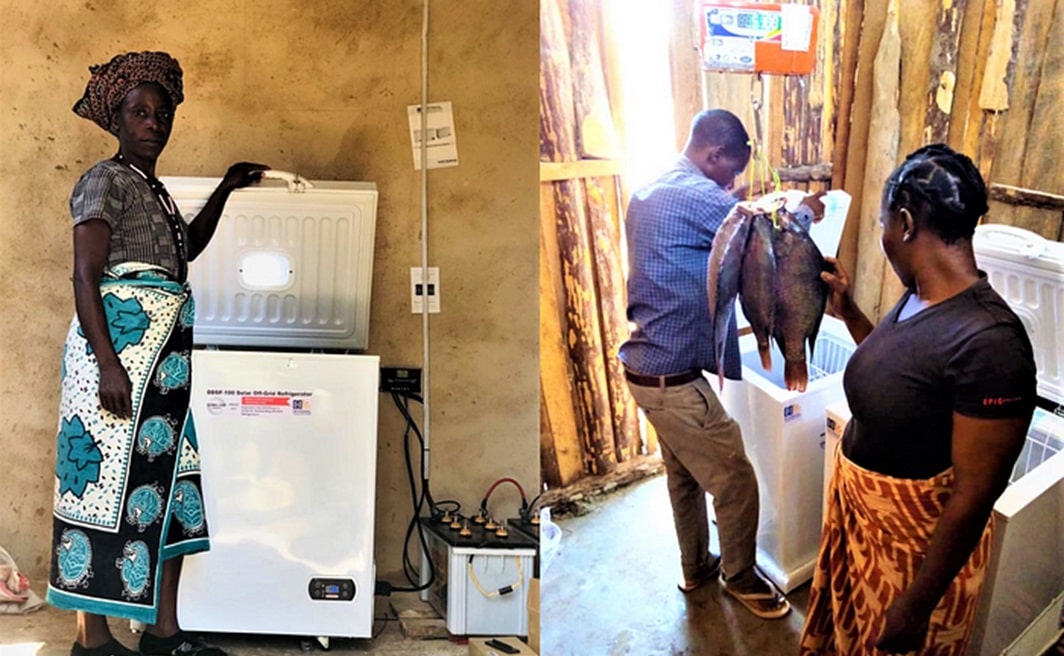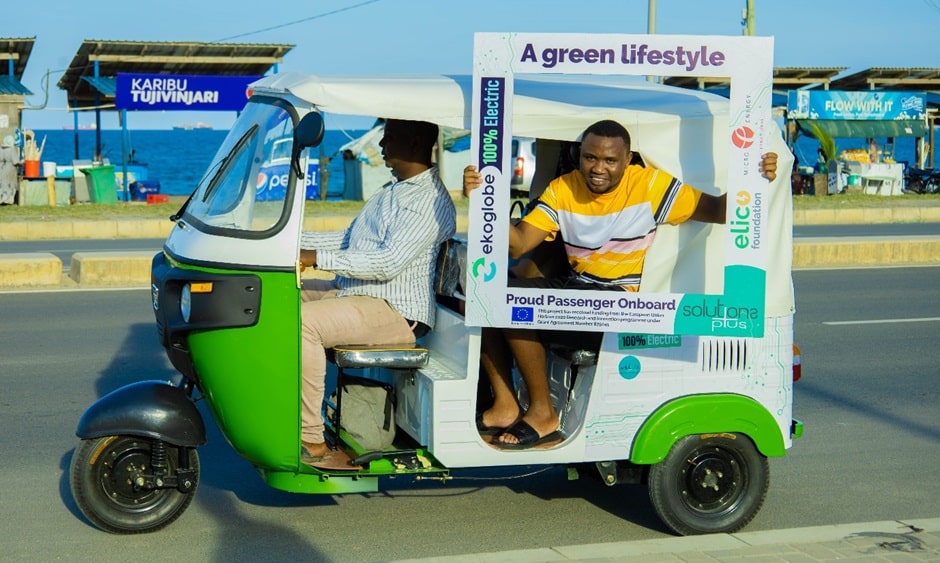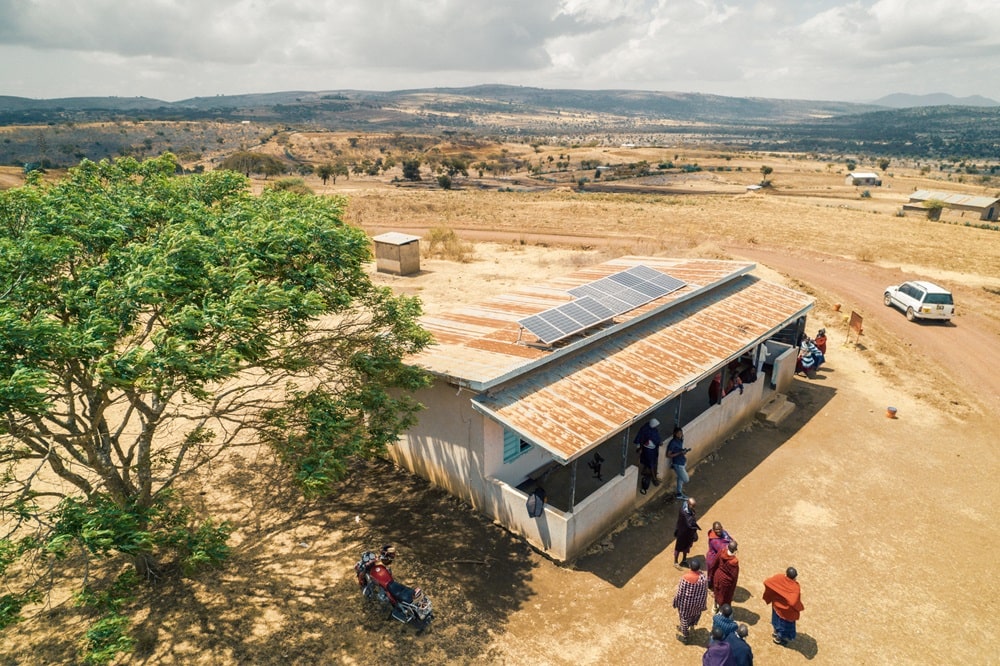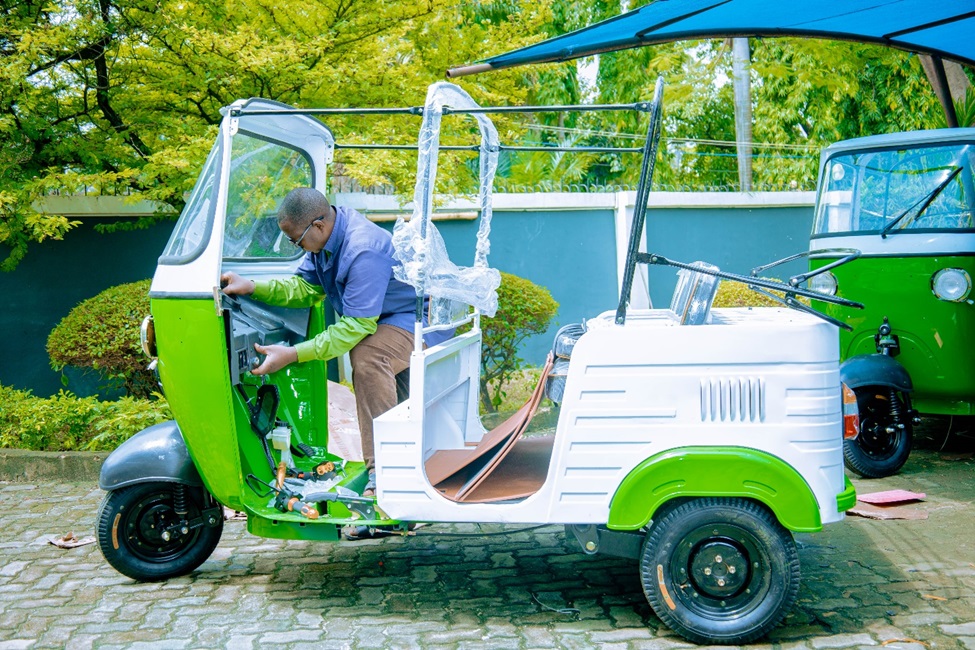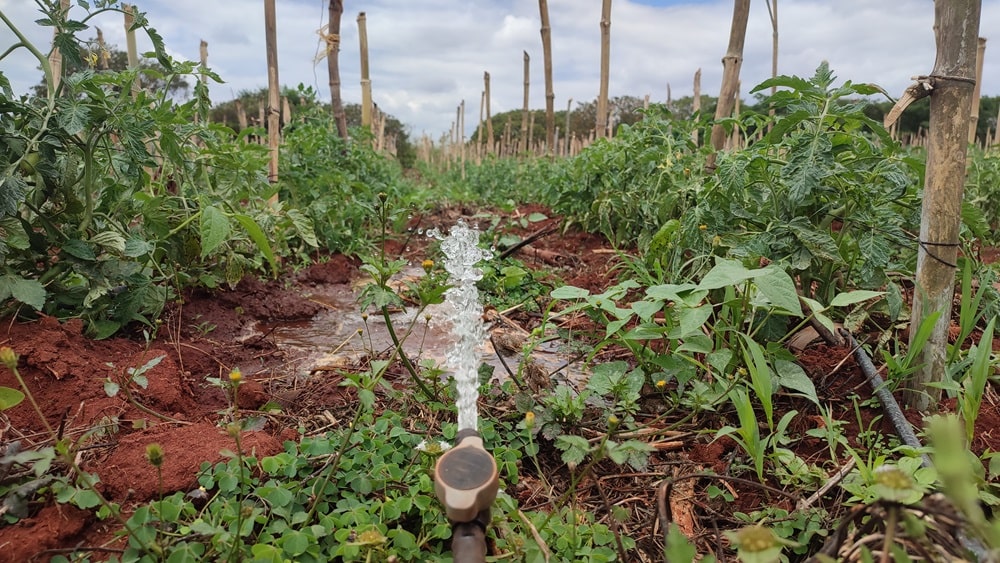TAREA in cooperation with the Embassy of the Kingdom of the Netherlands with financial support from the Climate and Energy Response Facility hosted a delegation led by Ministry of Agriculture for Climate Smart Agriculture Learning Visit in Iringa Region
The initiative aims at enabling the adoption of solar irrigation for productive and sustainable agriculture while sensitizing the public officers to the potential of solar irrigation in agriculture for both smallholders and large-scale producers.
The delegation visited Pinos Farm, a family-owned agricultural establishment consisting of sixteen members which was supported by ELICO Foundation. The farm is located in Iringa rural district at the border of two villages of Lyamgungwe and Lupembe Lwasenga and is using 14.85kWp solar system. This 16-hectare farm which grows maize, tomatos, onions and green beans started by using petro-diesel water pumps which increased productivity while eating into their margins.
“When we realised that most of our proceeded covers fuel and maintenance costs, we started looking for other cost-effective solutions and thanks to ELICO foundation for providing solar powered pump which enabled us to irrigate our farms and save almost TZS 50,000 of fuel cost per day.” says the Group Chairperson, Pino Peter Kiyeyeu.
Thereafter the delegation visited Kibidula farm which is owned by Seventh Day Adventist Church. Kibidula is an agricultural establishment that grows avocado and maize. The farm is located near Mafinga Township in the Iringa region. This agricultural establishment has a total of 4776 hectares but only 200 hectares are currently used for growing avocados and are irrigated using 68.04kWp solar system. The farm is planning to expand the irrigation scheme to cover 1,000 hectares.
This learning visit is really an eye opener for us. I never though solar has a potential of powering such a huge agricultural establishment for irrigation. I think this is a way to go for most of our irrigation scheme.” – says Eng. Naomi Mcharo, from National Irrigation Commission
Despite the fact that Tanzania has abundant solar resources with huge potential to power rural livelihoods, a big fraction of the rural population uses it just for lighting due to lack of knowhow and other capacity. Therefore, there is an urgency and critical need to scale up the penetration of solar-powered appliances for livelihoods to reduce community dependence on fossil fuel.

